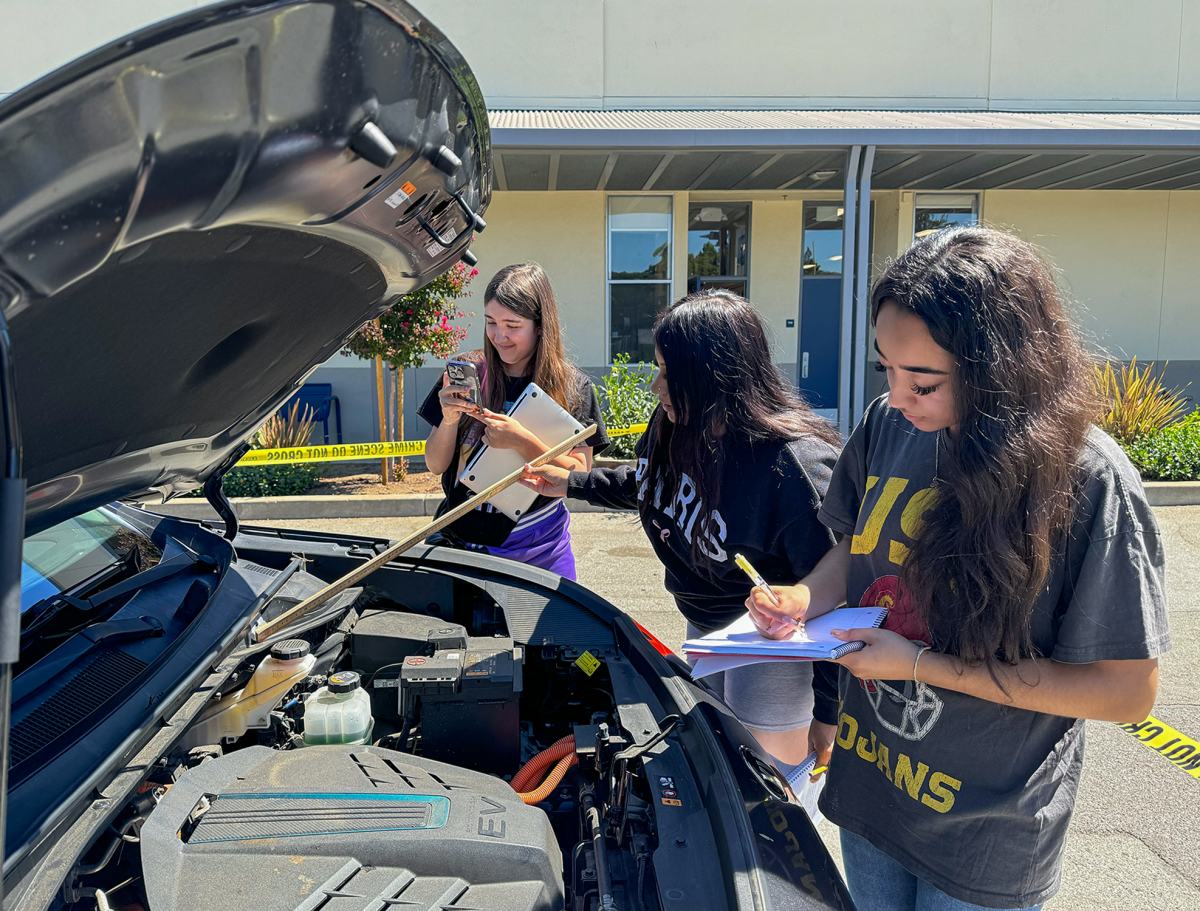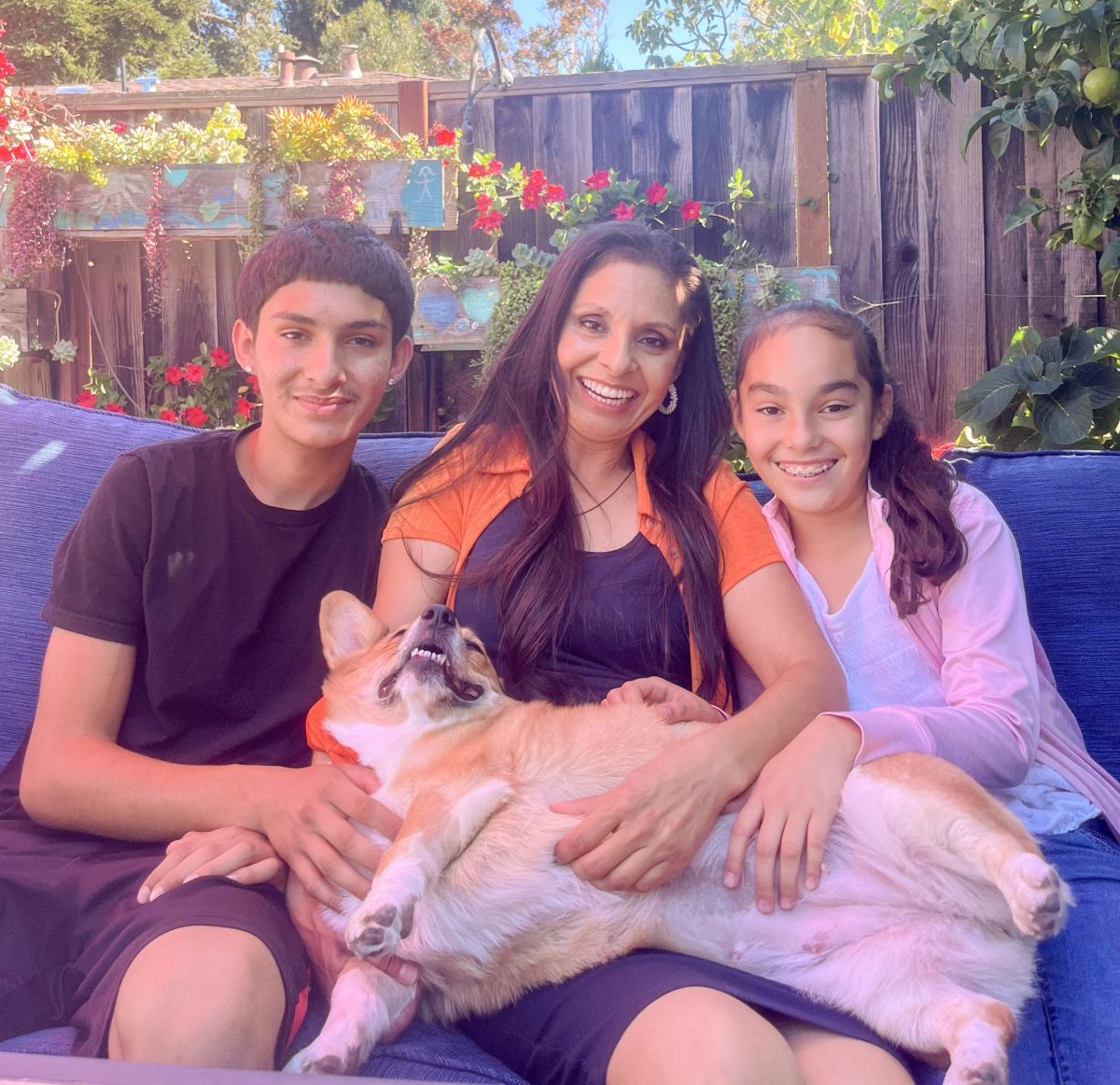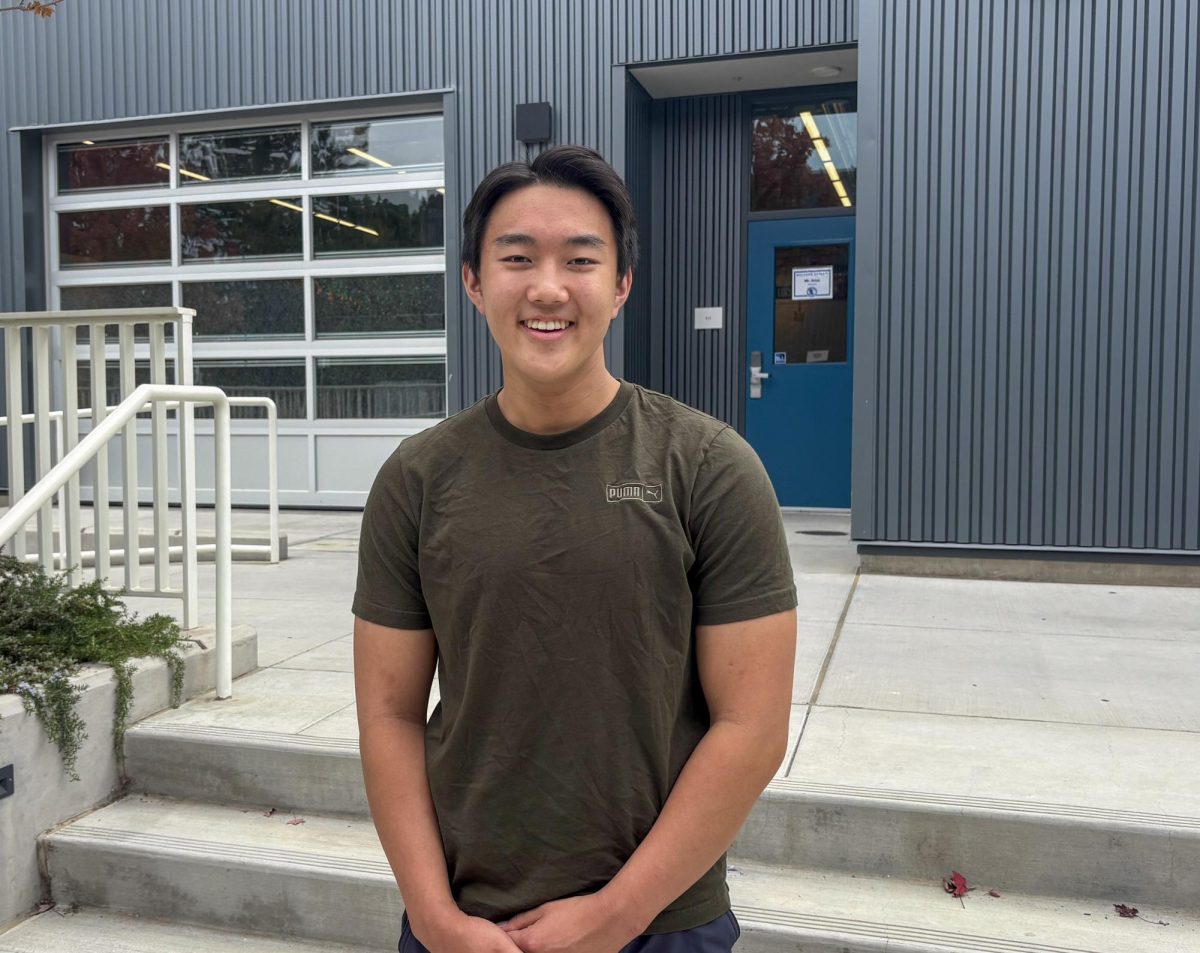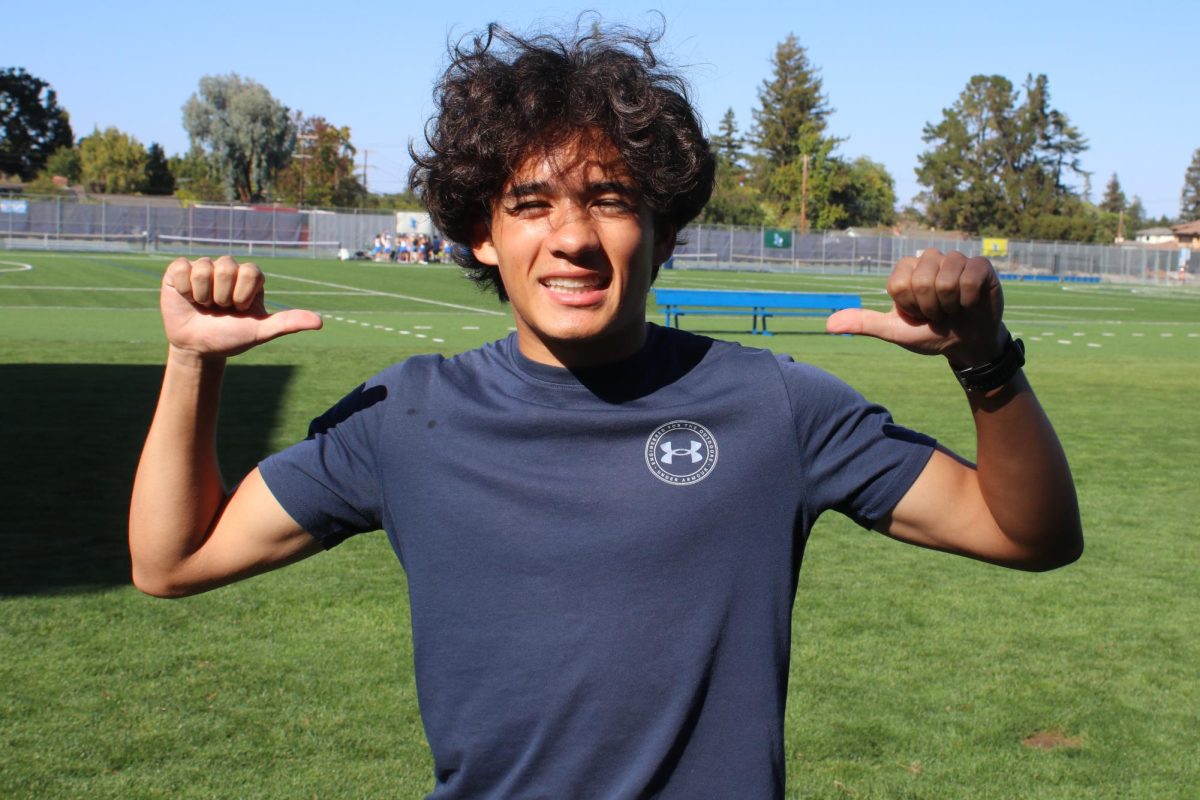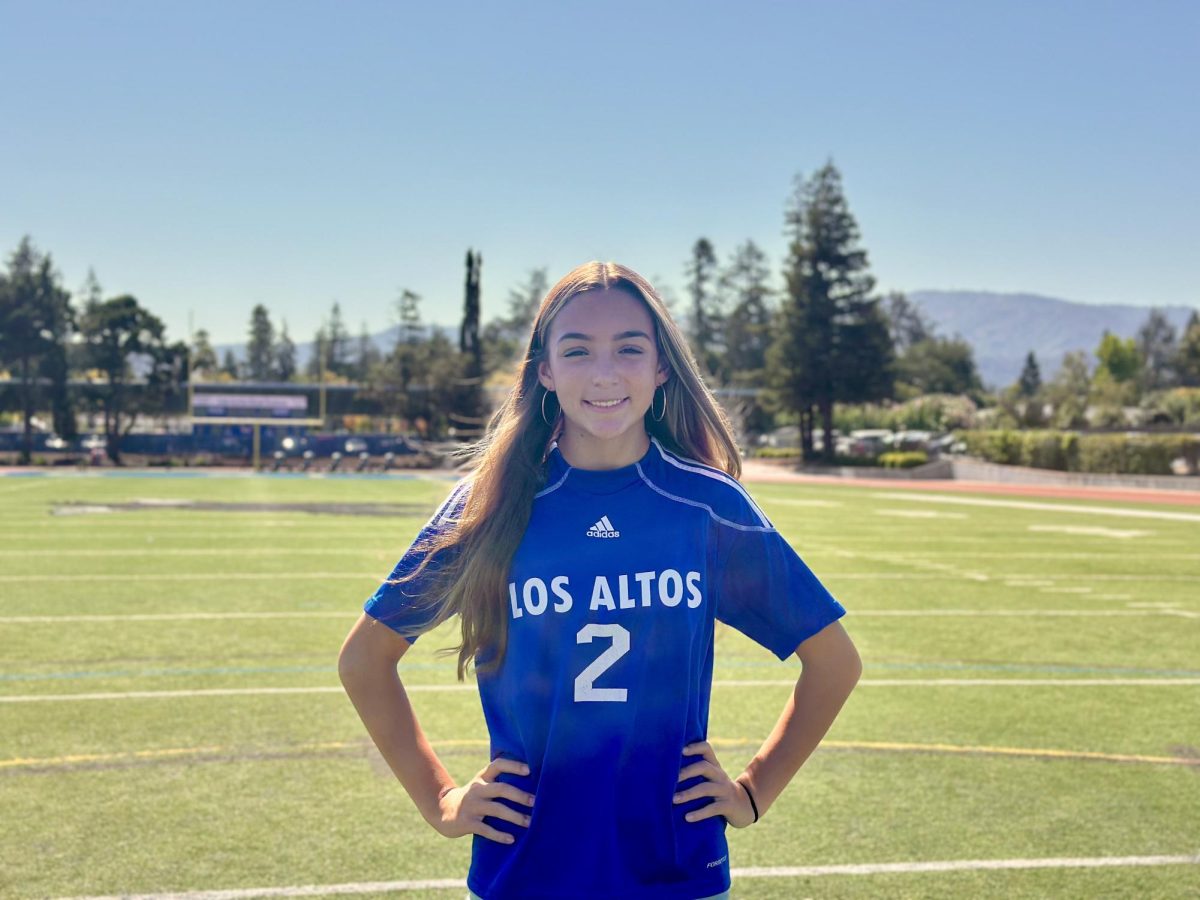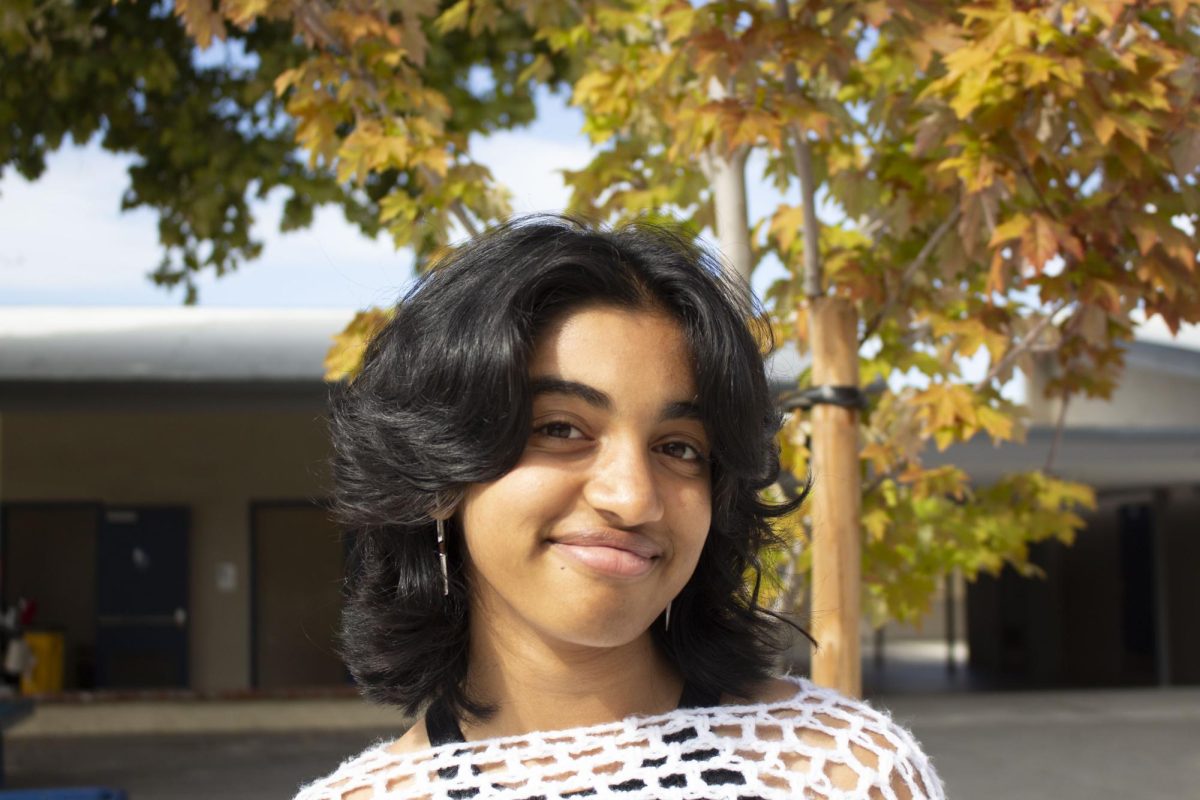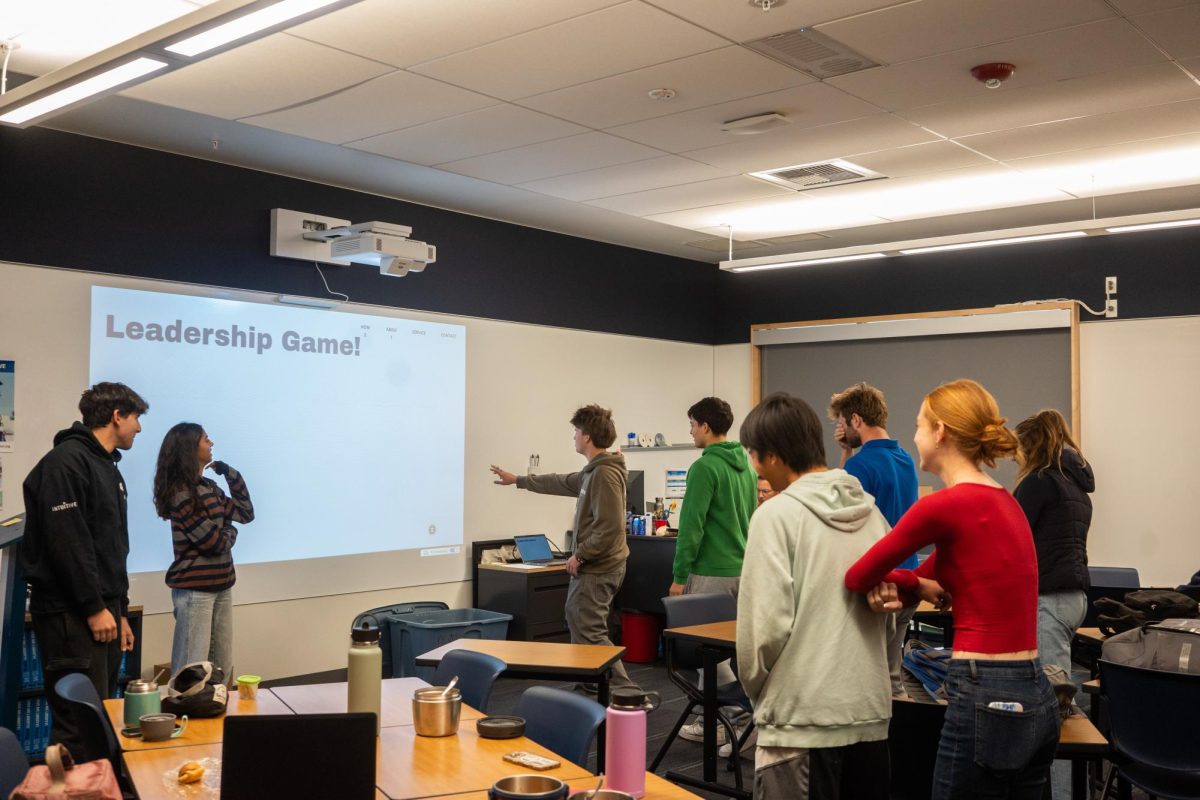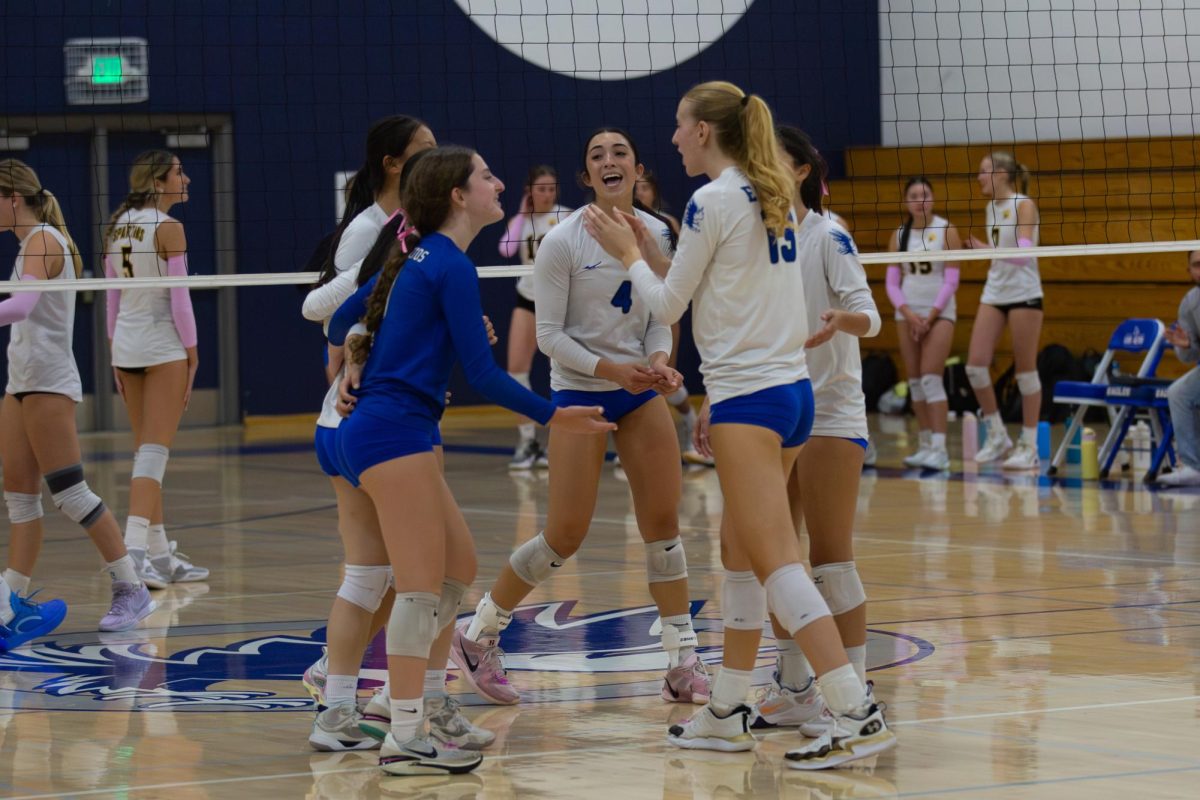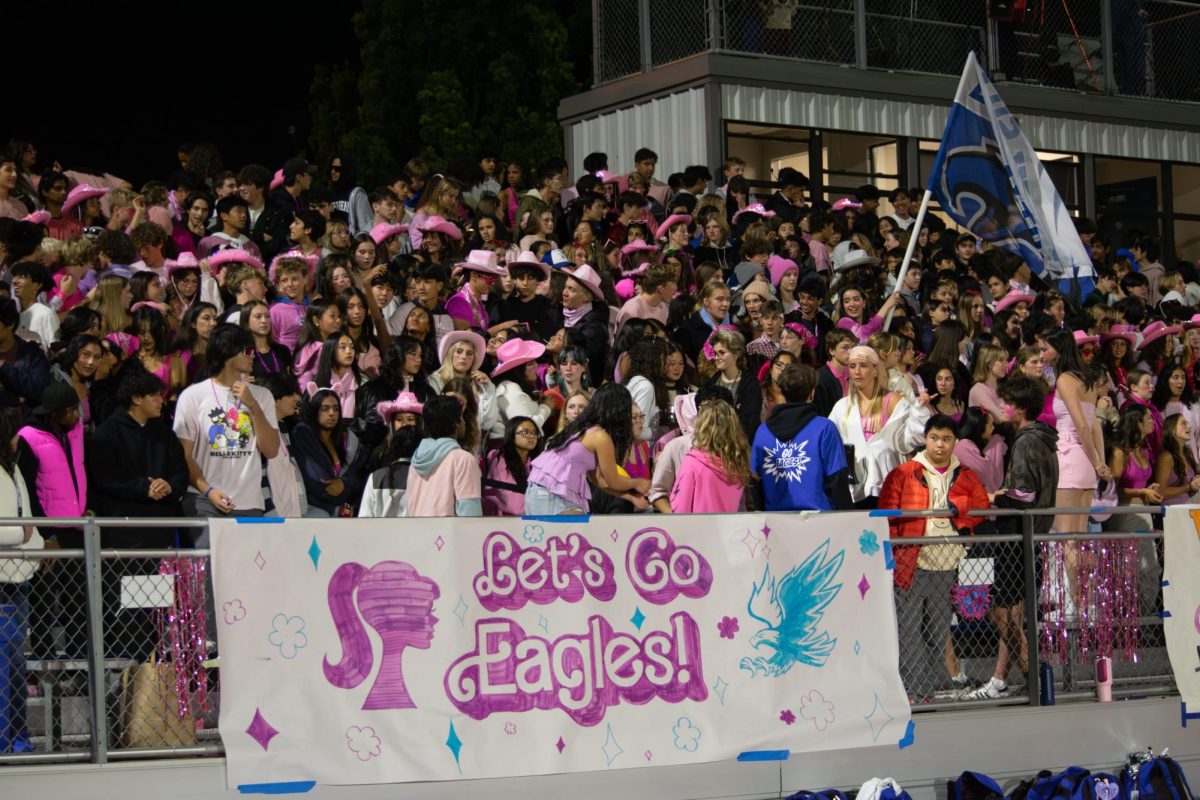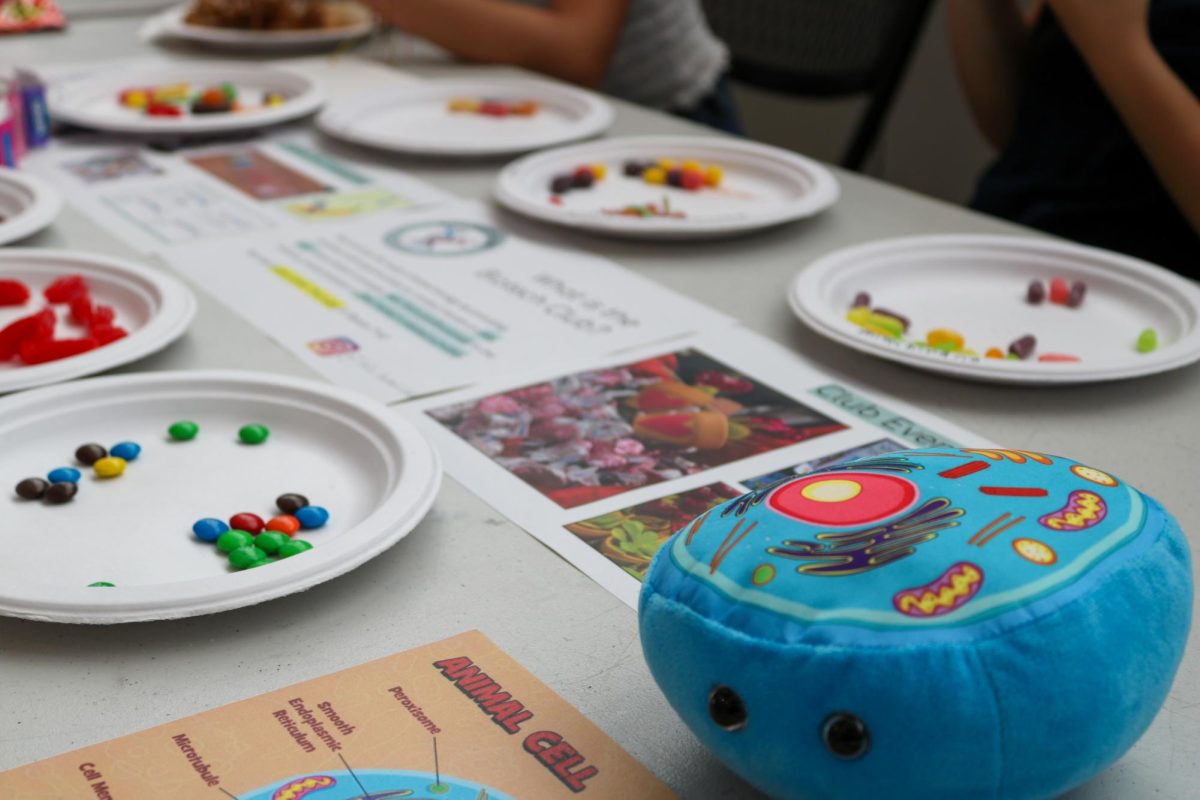Erica Holmes has been missing for 24 hours. Her father has filed a missing persons report, urging the people of San Francisco to look out. She was last seen with her boyfriend before work. Now it’s up to the Forensics students of room 709 to find her.
Forensics is a nontraditional science class Los Altos High School has offered since 2008. The class intertwines biology, chemistry, and criminology together to create an intriguing, action-packed class that allows students to explore the depths of a criminal case while teaching problem-solving skills.
“It was like playing a giant game of Clue every day,” senior Darolyn Topp said. “It’s a really nice break from the more traditional science classes.”
The structure is simple: students are introduced to a case at the start of the year, which is based on a real case from San Francisco. 26 year-old Erica has gone missing, and the students are introduced to various suspects and pieces of evidence that can help them solve the case.
For their fall semester final, the class splits up into groups of prosecutors, defense attorneys, witnesses, and suspects, and holds a mock trial to find the culprit. As students do labs and learn more biology concepts, they slowly build a case against one of the suspects.
The case comes together in the spring final exam, where students decide whether Erica is alive, and if not, who her killer was.
In the past, students were hesitant to take the class as it acted as elective credit instead of lab science credit. However, Forensics became accredited this year, becoming a way for students to get a science class for graduation requirements.
“This class has a huge range of abilities,” Forensics teacher Lisa Bolton said. “I have kids that failed chemistry, and they need this to graduate. Some kids are taking AP Chemistry and Forensics at the same time, some are taking ASI. It’s fun to get folks together in a classroom who don’t normally have classes together.”
Senior Kaamya Kalyani found other benefits of the class, explaining that it created an immersive experience, and taught her skills she can apply in her life — even in non-serious situations.
“I really liked the class, especially now that I can look at TV shows and say that they’re wrong,” Kaamya said.
Bolton aims to make science more accessible and engaging for students through the class and believes Forensics is a great opportunity for students, no matter their prior experience with science.
“Ultimately, I think it’s a lot more interesting when you can really see that real-world connection,” Bolton said.



